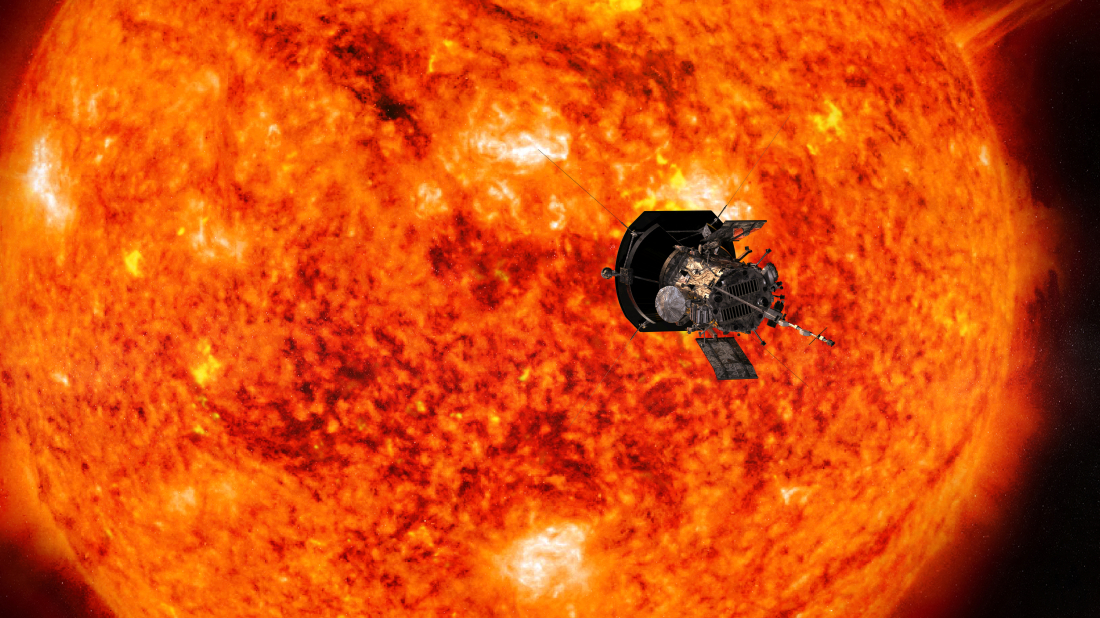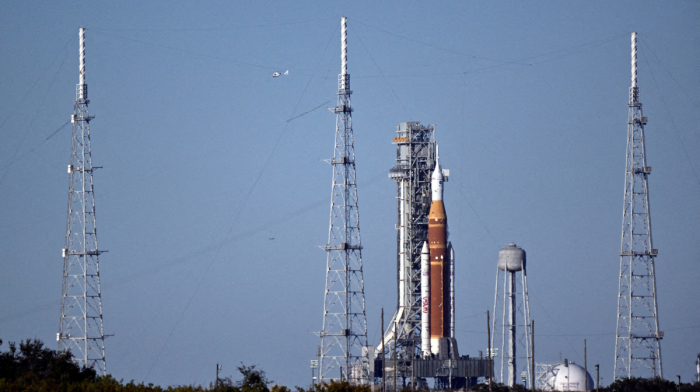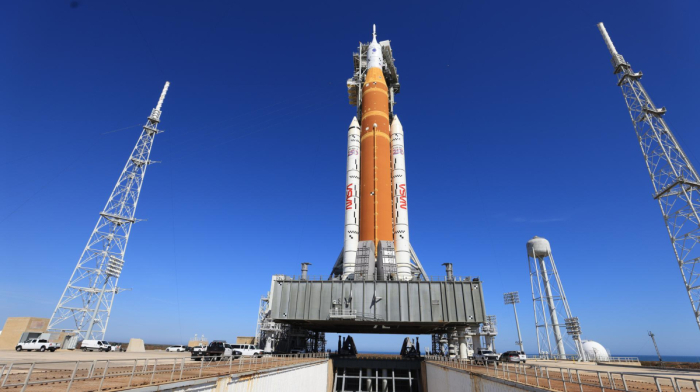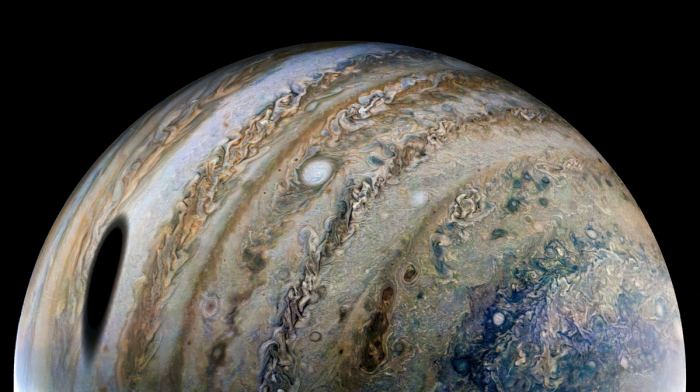NASA's Parker Solar Probe is making history again. On December 24, the spacecraft will plunge into the sun's outer atmosphere, known as the corona, pushing scientific boundaries further than ever before.
Launched in 2018, the probe has been inching closer to the sun using Venus's gravitational pull to fine-tune its orbit. It will now soar within 3.8 million miles of the sun's surface, enduring scorching temperatures of up to 1,800 degrees Fahrenheit while hurtling at speeds of 430,000 mph.
NASA explains that the probe's success lies in its advanced heat shield, which keeps its instruments at room temperature despite the sun's extreme heat. This technology allows the spacecraft to capture unprecedented data about solar activity.
As the sun enters its Solar Maximum phase, marked by intense solar flares and coronal mass ejections, the probe’s close proximity enables scientists to observe these explosive events in their raw form. These observations help researchers understand the sun’s dynamic behavior and its impact on the solar system.
The probe's earlier achievements include revealing the sun’s atmospheric boundaries and capturing close-up images of solar phenomena. NASA officials have expressed confidence in the spacecraft's resilience, though confirmation of its health post-flyby won’t come until Friday.
As Parker journeys deeper into uncharted territory, it promises to shed light on the mysteries of our solar system, marking a significant leap forward in our understanding of the cosmos.






















What is your opinion on this topic?
Leave the first comment